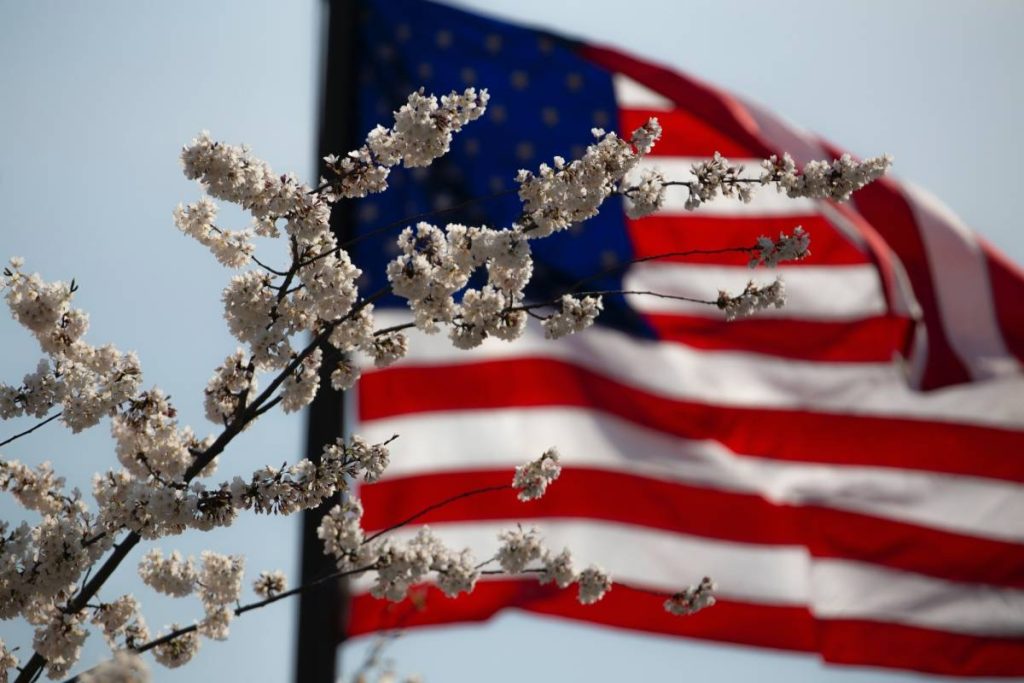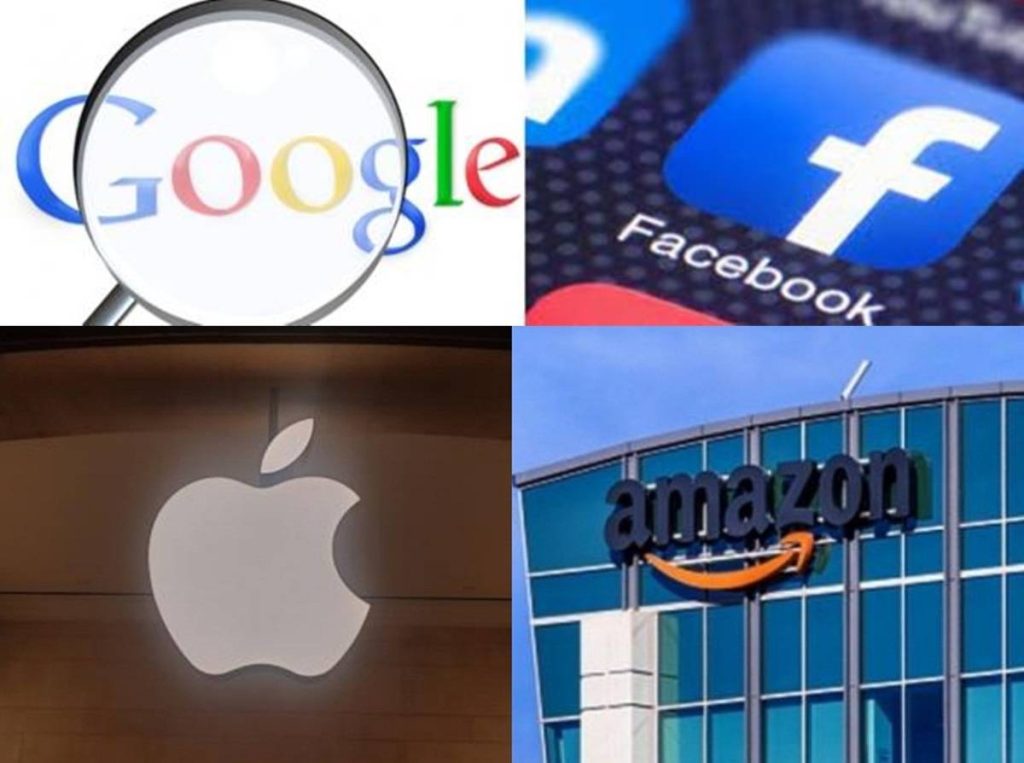The current draft is limited to online platforms with at least 50 million monthly active users (or 100,000 business users), annual market capitalisation or US net sales exceeding $550 billion….reports Asian Lite News
As pressure mounts on Big Tech to sanitise their platforms and stop scraping users data, India needs to learn from the US antitrust bill called the American Innovation and Choice Online Act which has now been endorsed by the Department of Justice (DoJ).
In January this year, the Senate Judiciary Committee in the US approved the key antitrust reform that would ban Big Tech from favouring their own services and products over those of their rivals.
The bill, spearheaded by Senators Amy Klobuchar (D-MN), Josh Hawley (R-MO) and Chuck Grassley (R-IA), was introduced after reports surfaced that a number of tech companies, including Apple, were guilty of engaging in “deeply disturbing” anti-competitive behaviour.
If enacted, the bill would give federal antitrust agencies the authority to issue civil penalties and injunctions against so-called “covered platforms”, according to bipartisanpolicy.org.

The biggest tech companies — Apple, Amazon, Facebook-owner Meta and Alphabet’s Google (it is still unclear if Microsoft would qualify) — would be barred from behaviour like biasing search results in their favour, limiting rivals’ access to platform data, and using non-public data from customers to compete against them.
Tech giants are worried about the new antitrust legislation and reports earlier surfaced that Apple CEO Tim Cook and Alphabet CEO Sundar Pichai have been personally “calling and meeting with Senators,” urging them to oppose the mooted legislation.
The current draft is limited to online platforms with at least 50 million monthly active users (or 100,000 business users), annual market capitalisation or US net sales exceeding $550 billion.
“The bill causes some very significant security concerns… We’re requiring companies to take down protections that are in place today, and instead, allow hackers and those looking to steal personal data to access the devices,” said Senator Dianne Feinstein (D-CA), who voted for the bill.

According to latest reports, the DOJ has now thrown its weight behind the bill, arguing that it would enhance its ability to challenge anti-competitive behaviour.
However, industry groups and critics opposed to this legislation argue the bill is vague, overly broad, and will hurt consumers.
In India, the Joint Parliamentary Committee’s (JPC) report on the Personal Data Protection Bill, 2019 was finally tabled in both houses of the Parliament on December 16, 2021 after two years of deliberations.
However, over the last few months, the Data Protection Bill and the JPC’s recommendations have been criticized by the industry in light of their potential adverse impact on the ease/cost of doing business in India.
Concerns have now been raised on the impact of increased compliances on India’s domestic start-up ecosystem, overall global competitiveness and FDI.
US Trade Representative Katherine Tai on March 31 released the ‘2022 National Trade Estimate Report on Foreign Trade Barriers’ (NTE Report), reviewing significant foreign barriers to American exports of goods and services, foreign direct investment (FDI), and electronic commerce (e-commerce) in key export markets for the country.
The NTE Report identifies a range of important challenges and priorities to guide the Biden administration’s trade policy and also raises serious concerns over the proposed and promulgated restrictive data policies in India and cites them as ‘Digital Trade Barriers’.
Given the importance of India-US digital trade, it is a serious setback to the attempts by the Commerce Ministry to get a trade deal going with Washington.

